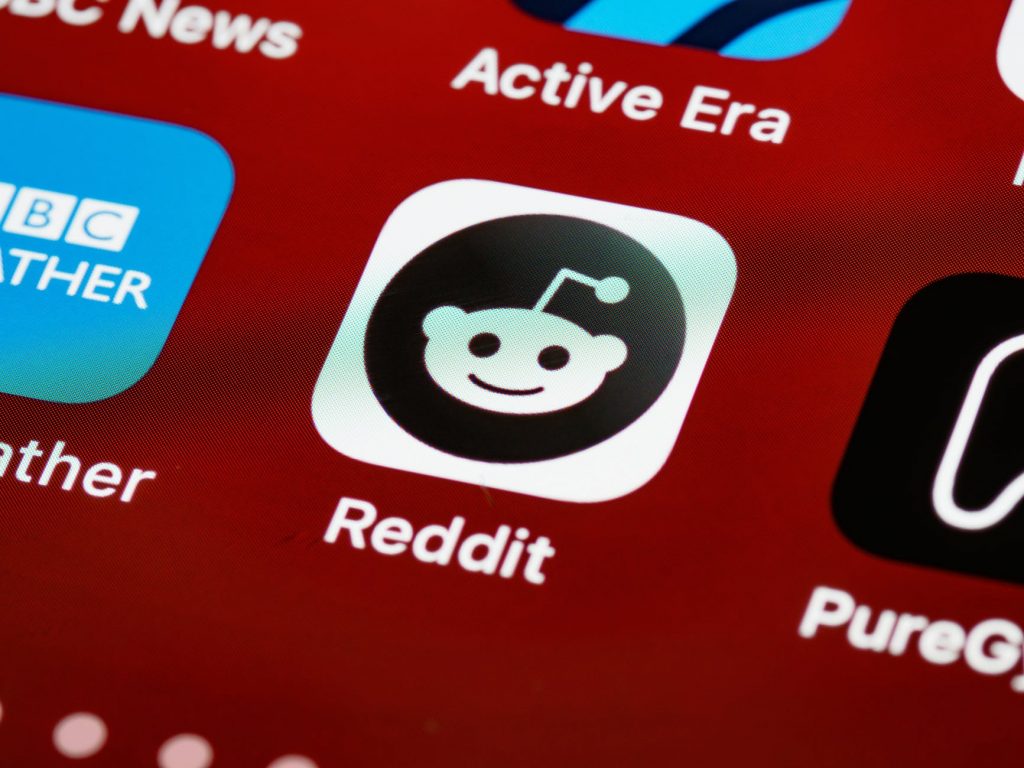With an increase in technology usage at schools every year, teaching digital literacy is becoming more and more relevant and important for students. Learning about how to treat others online, what is appropriate to post on the internet, and how to determine what is a scam is important for students to learn. Building a positive digital image through Apps and websites is also a new skill that will become more and more important. Employers can now look at who they are going to hire by a simple google search of someones name. What do you want them to see?

Teaching Digital Literacy in Schools:
I think teaching digital literacy in schools is something very important for the next generation of students. Skills like social media management, how to interact with others, and digital awareness should be introduced to students so they are given the best chance of making good choices online. Teaching digital literacy can be introduced in subjects like English, Social Studies, and History. In English class students can learn about how to blog and write interesting posts. In social studies the concept of digital citizenship can be introduced through talking about how to interact with others in online spaces. Students could also learn about different platforms such as Instagram, Snapchat, Facebook, Twitter, and YouTube, and how they can be used to create digital interactions. In History class students can learn about how digital technology has shaped our world today, and the effects your digital presence can have on your real life. Examples of this could be how someone used their online resume to get a job, Justine Sacco’s story, and Amanda Todd’s story. Here is a short video of educators explaining why schools should teach students about digital citizenship:
In the NCTE framework they share that “in addition to learning somewhat elusive concepts, students learned that delivering inaccurate information is dangerous. It’s not enough to be connected; we need to be accurate in our knowledge through these connections.” We need to educate students on why digital accuracy is important. Many people spread false information online to gain views, readers, or subscribers. An example of where a lot of false information is spread is on Reddit, an online discussion forum. It is important that we teach students about academic honesty and accuracy. Spreading false information or taking credit for something that is not your own is something that happens way too much and can lead to confusion and trouble with the law. Spot the troll, Break the fake, and Can you spot the fake news headline are 3 quizzes that teachers can use in the classroom to help students identify what is real on the internet and what is not.

Credit for cover photo: Pixabay via Pexels

Catchy picture and title one! I also like the way you referred th resources .. This is very true that there are lots of fake online information and we as future educators should educate students how to deal with them.